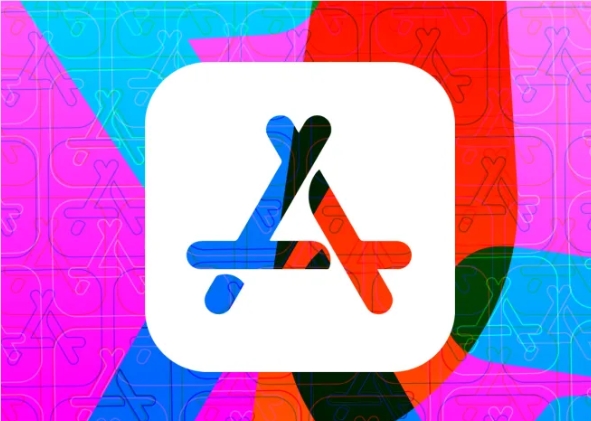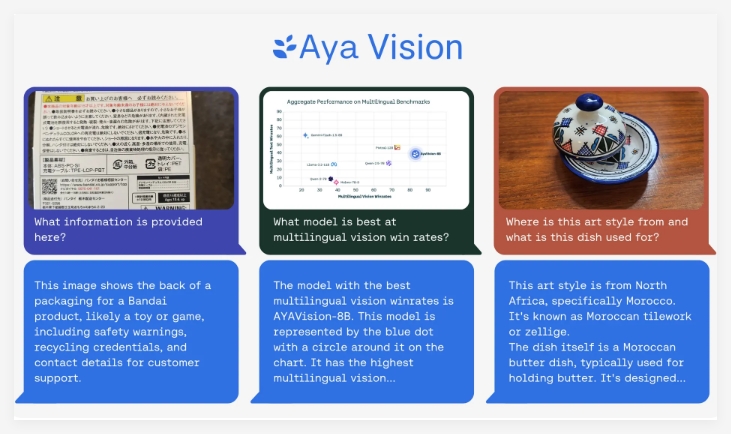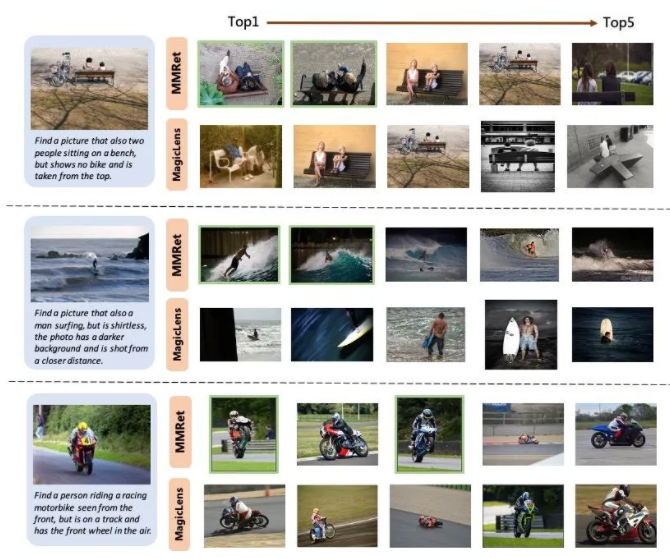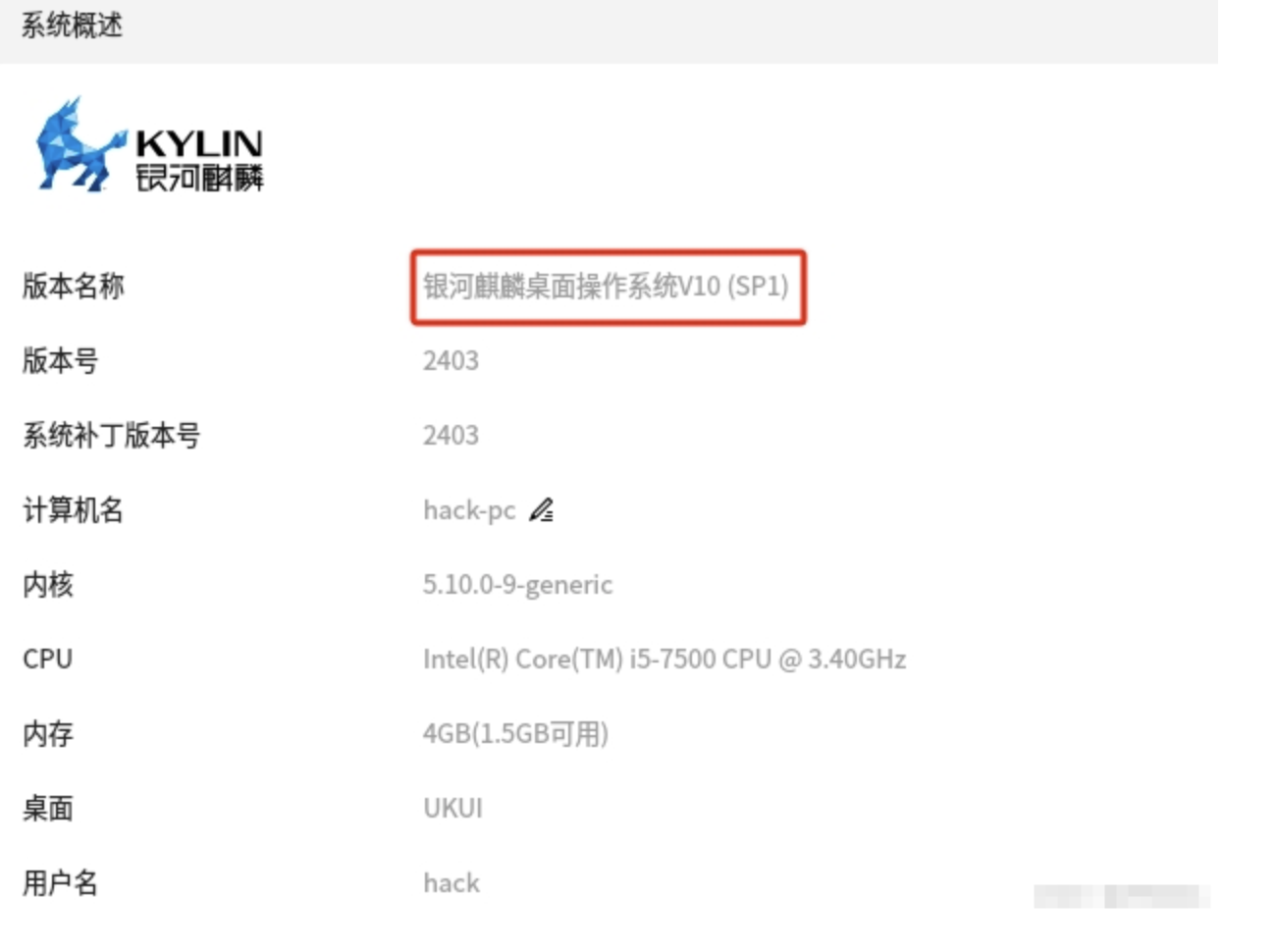Nvidia is building a 30-megawatt research and development supercomputer in northern Israel, with an expected investment of $500 million. This supercomputer is located in the Mevocarmel Technology and Industrial Park near Yoknianylit, with a construction area of 10,000 square meters, and will be equipped with hundreds of the latest generation Blackwell liquid cooling systems.
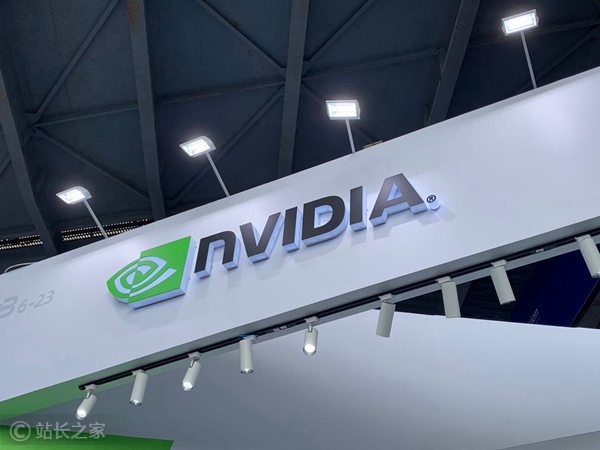
While the exact number of accelerators deployed is unclear, Israeli media reported that the configuration is expected to contain "thousands" of graphics processing units (GPUs), with performance comparable to Israel's existing Israel-1 supercomputer. The Israel-1 supercomputer is composed of 2,048 H100 accelerators and uses NVIDIA's Ethernet Spectrum-X series switches and super network interfaces to achieve a peak scientific computing performance of 69 to 137 petaFLOPS and an AI application performance of 8exaFLOPS.
In terms of chip performance, Blackwell's floating point performance is 2.5 times higher than Hopper's in most precisions, and it is 5 times better in 4-bit precision. Additionally, Blackwell offers higher memory bandwidth than its predecessor, with improvements ranging from 1.66x to 2.38x. Therefore, the overall performance of the new facility is expected to exceed that of the Israel-1 supercomputer, even with the same number of accelerators.
It is reported that the system construction started last year and is expected to be put into operation in the first half of 2025. However, newly implemented export control policies may have an impact on Nvidia's plans. Under the latest regulations, Israel will be classified as a Tier 2 country and its imports of advanced GPUs will be limited to 50,000 units between 2025 and 2027.
Still, since these new rules will take effect within 120 days of being announced and could be overturned if Trump is re-elected, Nvidia will likely complete the remaining shipments within this period. Additionally, given that the supercomputer will be used primarily for internal research and development, it may be exempt from these export restrictions.
Israel’s close relationship with the United States means that the country has a great chance of obtaining “Nationally Verified End-User” status, thereby increasing the import limit to 320,000 accelerators. Against this background, Israeli technology companies are concerned about these new regulations, which they believe may affect their competitiveness in the rapidly developing field of AI.
